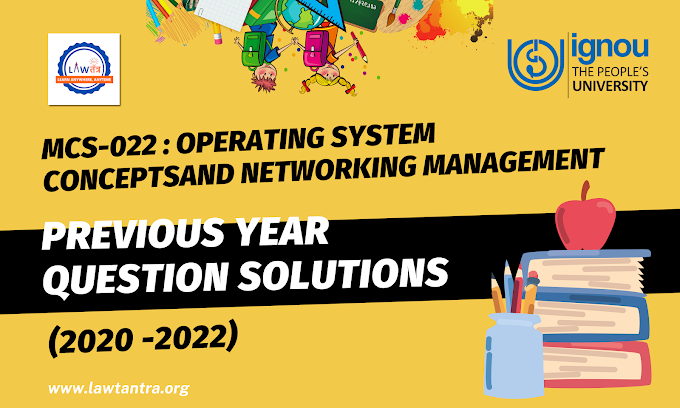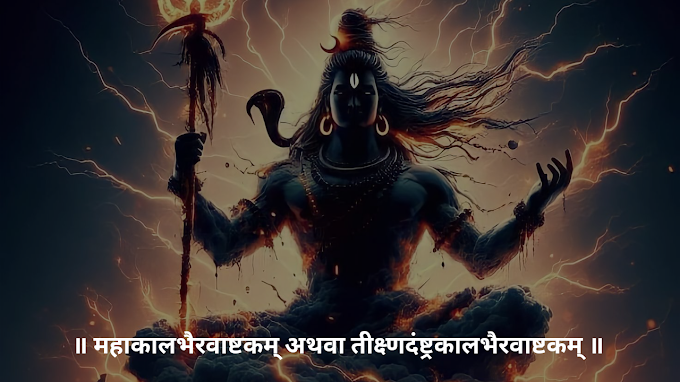The term Politics is derived from the Greek word polis which means city-state. That is
why many commentators, as you saw, rightly define Politics in terms of the state or
government. However, this definition does not exhaust the meaning of Politics. Politics
also deals with power. Harold D. Lasswell and Abraham Kaplan define Political Science
as “the study of shaping and sharing of power”. In a word, Politics deals with both state
and power. However, the power that Political Science deals with is, more often than not,
the legitimate power. Since science is the systematic study of any phenomenon through
observation and experiment, it follows that Political Science studies the state and power in
all their aspects. You will learn more about the state and power later in this lesson.
Political Science deals with both empirical facts and normative issues. Facts are in the
domain of “what is” and value preferences are in the domain of “what should be.” For
example, if somebody says India is a parliamentary democracy, he or she is making a
statement of empirical fact. This is what India today actually is. But if she or he were to
make a statement like the one that India should switch over to presidential form of
democracy, the statement would be a normative one. Political Science is not satisfied with
describing the state of affairs, it wants to change or improve upon them. Empirical statements
are true or false by virtue of what observation shows to be the case. Evaluative statements
are ethical/moral imperatives, which are often said not to be true or false in any sense at
all. Formal statements (such as the propositions of mathematics) are true or false by virtue
of the meanings of their constituent terms alone. Political Philosophy deals with formal
statements. Political Science deals with empirical statements and also evaluates the existing
political institutions, practices and focuses on how to improve them.
Liberalism is a philosophical, political, and economic theory and ideology that emanates from the position that individual freedoms are the legal basis of society and economic order.
The ideal of liberalism is a society with freedom of action for everyone, the free exchange of politically sensitive information, limiting the power of church and state, rule of law, private property and freedom of private enterprise. Liberalism rejected many of the provisions that were the basis of previous theories of the state, such as the divine right of kings to rule and the role of religion as the sole source of knowledge. Fundamental principles of liberalism include the recognition: data on the nature of natural rights (including the right to life, liberty and property), as well as other civil rights; equity and equality before the law; market economy; government’s responsibility and transparency of government.
The function of the government is reduced to the minimum necessary to ensure these principles. Modern liberalism also prefers an open society based on pluralism and democratic government, while protecting minority rights and individual citizens. Some modern trends of liberalism are more tolerant of government regulation of free markets for the sake of equal opportunity to succeed, universal education and reducing the difference in incomes. Proponents of such views believe that the political system should contain elements of the welfare state, including state unemployment benefits, homeless shelters and free health care. According to the views of liberals, government exists for the benefit of the people subservient to it, and the country’s political leadership should be based on the consent of the majority of the led. To date, the political system, which is most consonant with the beliefs of liberals, is liberal democracy.
Nowadays, liberalism is one of the leading ideologies in the world. The concept of personal liberty, dignity, freedom of speech, universal human rights, religious tolerance, privacy, private property, free markets, equality, rule of law, government transparency, limits on state power, the supreme power of the people, self-determination of the nation, enlightened and sound public policy – are commonplace. For the liberal-democratic political systems countries are so different in culture and level of economic well-being, such as Finland, Spain, Estonia, Slovenia, Cyprus, Canada, Uruguay and Taiwan. In all these countries, liberal values play a key role in shaping the new society’s goals, even though the gap between ideals and reality.
- Sol DU online exams from March 15, 4 Important questions
- farmer-protest-live-updates
- CAT2020: Read these important things before going to the exam hall
- Modi government gave big relief, Small Business
- New farm laws and conflict between Govt. & Farmers
- Struggle in Drafting Constitution
- Defamation and IT Act






0 Comments
Please do not enter any spam link in the comment box.